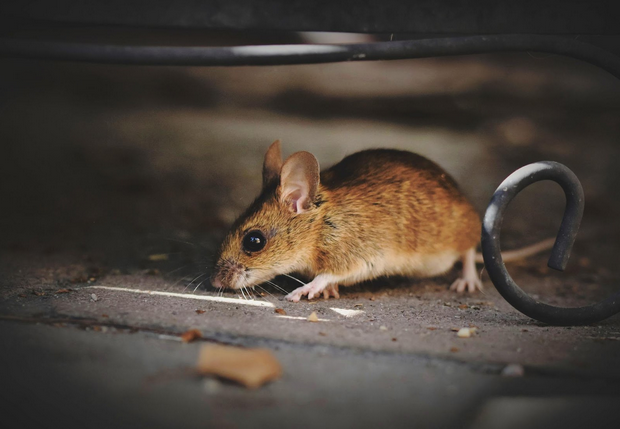Maintaining a pest-free environment in food processing is not just a regulatory requirement but a fundamental aspect of ensuring food safety and quality. Integrated Pest Management (IPM) is a critical strategy to achieve this goal. Unlike conventional pest control methods that rely heavily on chemical treatments, IPM adopts a holistic approach, combining multiple techniques to manage pest populations effectively.
Why IPM is Essential in Food Processing Plants
Ensuring Food Safety and Quality
Pests such as rodents, insects, and birds can contaminate food products, leading to significant health risks for consumers. They can introduce pathogens and spoilage organisms that compromise food safety. IPM helps prevent such contamination by minimizing pest presence and reducing the need for chemical treatments that could leave residues in food products.
Regulatory Compliance
Food processing plants operate under stringent regulations set by agencies like the Food and Drug Administration (FDA) and the Environmental Protection Agency (EPA). IPM aligns with these regulatory requirements by promoting safe, sustainable pest management practices. Compliance with IPM can help plants avoid hefty fines and legal issues associated with pest-related violations.
Cost-Effectiveness
While initial implementation of IPM might seem costly, it is cost-effective in the long run. By preventing pest infestations through proactive measures, IPM reduces the need for expensive emergency pest control treatments and product recalls. It also minimizes structural damage to facilities, thereby lowering repair costs.
Key Components of IPM
Monitoring and Identification
The cornerstone of IPM is regular monitoring and accurate identification of pest species. This involves setting up traps, using sensors, and conducting routine inspections to detect pest presence early. Accurate identification helps understand the pest’s behaviour and lifecycle, which is crucial for effective management.
Preventive Measures
Prevention is better than cure, and IPM emphasizes this principle. It includes sanitation practices such as regular cleaning, waste management, and proper storage of food products to eliminate food and water sources for pests. Structural maintenance, such as sealing cracks and installing screens, prevents pest entry.
Biological Controls
A key aspect of IPM is using natural predators or parasites to control pest populations. For instance, introducing beneficial insects that prey on pests can help manage infestations without using chemicals. This approach not only reduces pest numbers but also supports biodiversity.
Chemical Controls
While IPM minimizes reliance on chemicals, it does not eliminate their use. Instead, it promotes targeted and judicious pesticide application. Using chemicals as a last resort and in a manner that minimizes risks to humans and the environment is a fundamental IPM principle.
Education and Training
A successful IPM program hinges on the knowledge and commitment of employees. Training staff to recognize pest signs, understand IPM principles, and follow best practices is essential. Continuous education ensures that everyone in the plant is vigilant and proactive in pest management.
Benefits of IPM
Enhanced Food Safety
By focusing on prevention and using less hazardous control methods, IPM significantly reduces the risk of food contamination. This results in safer food products for consumers and enhances the processing plant’s reputation.

Sustainable Practices
IPM supports environmental sustainability by reducing the reliance on chemical pesticides, which can harm ecosystems. Biological controls and preventive measures promote a healthier environment within and around the food processing facility.
Improved Worker Safety
Reducing the use of toxic chemicals also means a safer workplace for employees. This minimizes health risks associated with pesticide exposure and creates a healthier working environment.
Long-Term Efficacy
IPM’s holistic approach addresses the root causes of pest problems rather than just the symptoms. This leads to more sustainable pest management solutions that remain effective over time.
Get IPM with Absolute Pest Control
Integrated Pest Management is not just a pest control strategy but a comprehensive approach that enhances food safety, regulatory compliance, cost-effectiveness, and sustainability in food processing plants. By focusing on prevention, monitoring, and the judicious use of control methods, IPM ensures a healthier environment for the food products and the people involved in their production. For food processing plants aiming to maintain high safety and quality standards, embracing IPM is crucial to achieving these goals. To learn more about how Absolute Pest Control can help your Food Processing Plant with IPM contact us to request your free, no-obligation quote.



